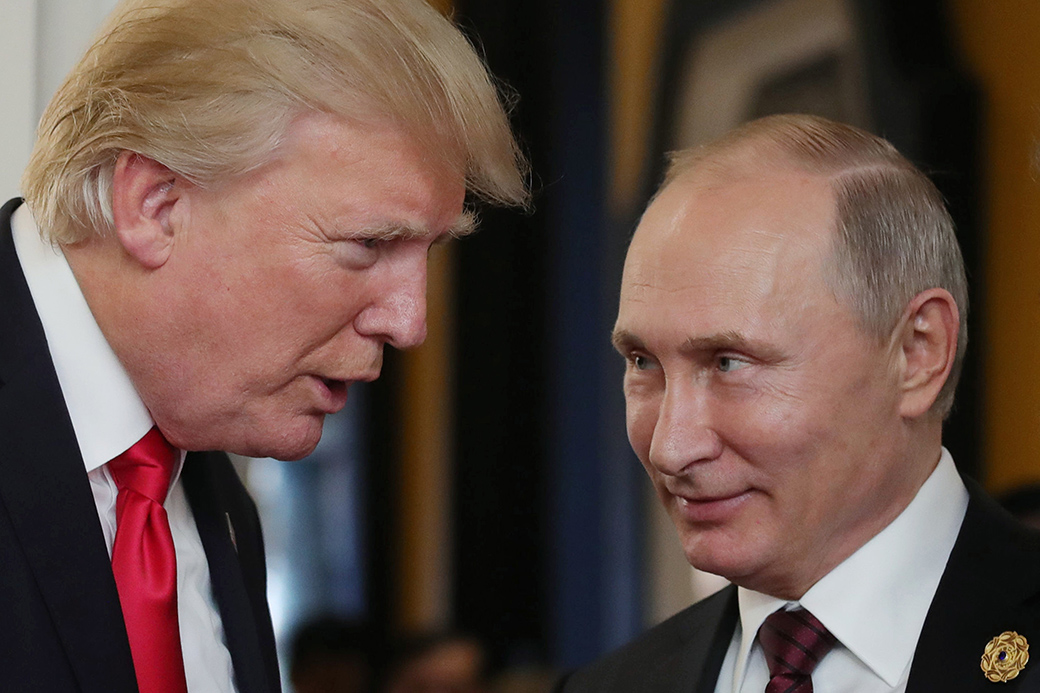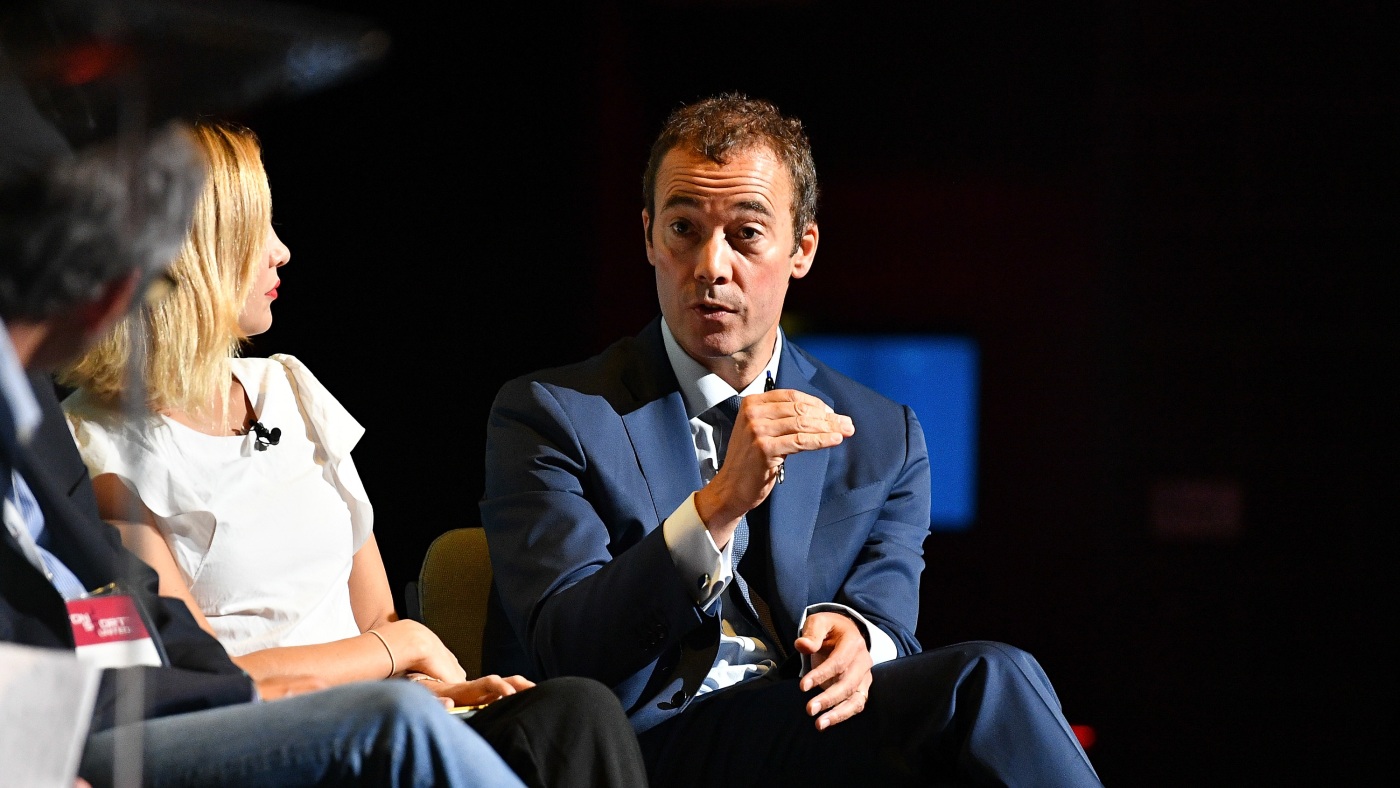A recent controversy has erupted at The Washington Post, one of the nation’s leading newspapers, following remarks by its CEO that have sparked a fierce debate about journalism and activism. The CEO criticized a reporter who uncovered a quid pro quo offer, calling the journalist “an activist, not a journalist,” and igniting discussions on the boundaries of journalistic integrity and advocacy.
The Controversial Remarks
The dispute began when a Washington Post reporter published an explosive article revealing a quid pro quo arrangement involving a prominent political figure. The report detailed how the individual offered political favors in exchange for personal or financial gain, a revelation that has significant implications for public trust and political accountability.
In response to the exposé, the Washington Post CEO publicly criticized the reporter, stating, “This individual is acting more like an activist than a journalist. Our role is to report the news objectively, not to become part of it.” The CEO’s comments have drawn sharp reactions from various quarters, including the media industry, journalistic organizations, and the general public.
Reactions from the Media Community
The CEO’s remarks have polarized opinions within the media community. Supporters argue that the CEO is right to uphold the standards of objective journalism, emphasizing that reporters should avoid blurring the lines between reporting and activism. They assert that maintaining impartiality is crucial for preserving the credibility and trustworthiness of the news organization.
However, critics contend that the CEO’s comments undermine the essential role of investigative journalism, which often involves exposing corruption and holding powerful entities accountable. They argue that labeling the reporter as an activist diminishes the importance of the work and can have a chilling effect on other journalists pursuing similar stories.
The Reporter’s Response
The reporter at the center of the controversy has defended their work, stating that the investigation was conducted with the highest standards of journalistic integrity. “My commitment has always been to uncover the truth and inform the public, regardless of the potential backlash. This story is about accountability and transparency, not activism,” the reporter said in a statement.

Implications for Journalistic Integrity
The incident has sparked broader discussions about the role of journalists in today’s society. With increasing scrutiny on media bias and the rise of advocacy journalism, the debate highlights the challenges faced by news organizations in balancing objective reporting with the pursuit of stories that have significant public interest.
Related Articles:
- Privacy Boost: ChatGPT Voice Enhances Background Conversation Security
- Fire Warning: California Braces for Heightened Grass Fire Risk Amid Dry Conditions
- Rebranding for Resurgence: ‘Latinos for Trump’ Relaunches as ‘Latino Americans for Trump’
Looking Forward
As The Washington Post navigates this internal conflict, the broader media industry watches closely. The outcome of this controversy may influence how news organizations define and enforce the boundaries between journalism and activism. It also serves as a reminder of the delicate balance media outlets must maintain in an era of heightened political polarization and public scrutiny.
In conclusion, the Washington Post CEO’s criticism of a reporter for being “an activist, not a journalist” after exposing a quid pro quo offer has ignited a significant debate about the role and integrity of journalism.
As the media landscape evolves, this incident underscores the ongoing challenges and responsibilities journalists face in their quest to uncover the truth and serve the public interest.
